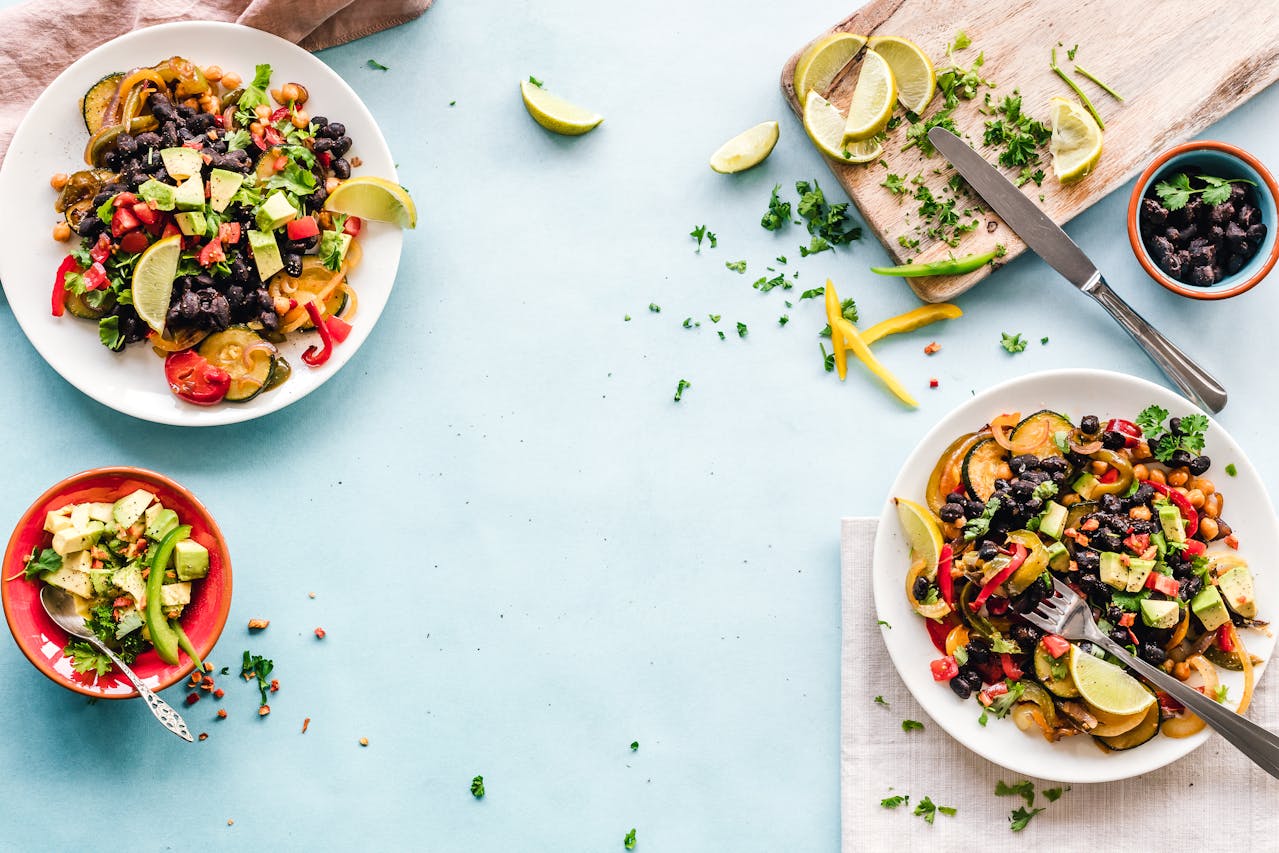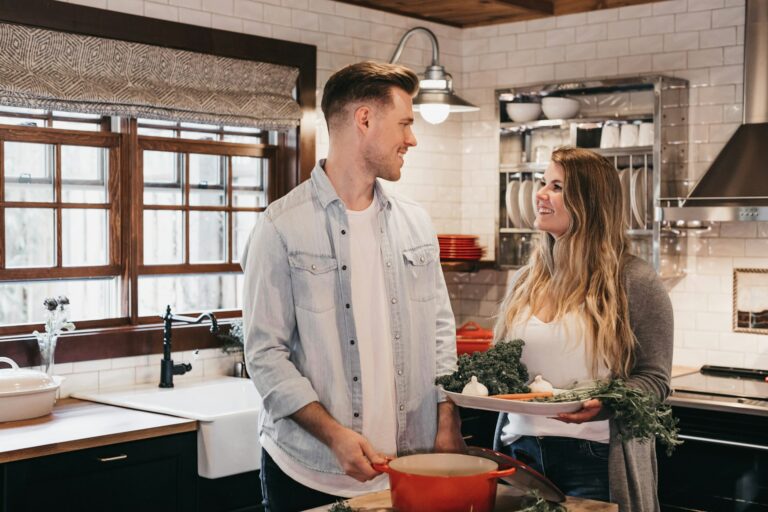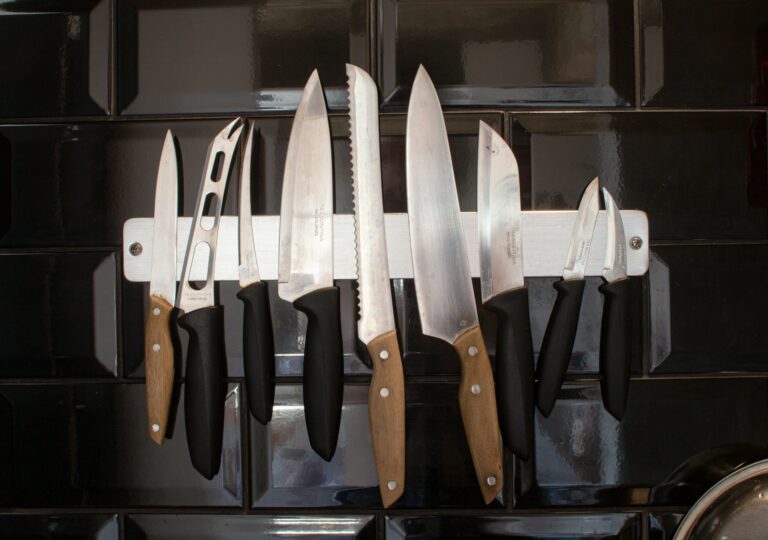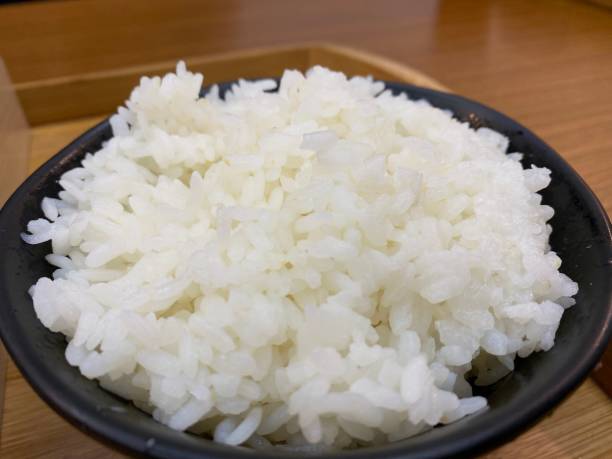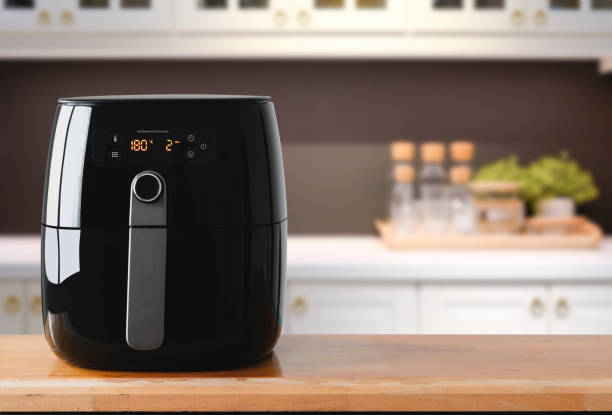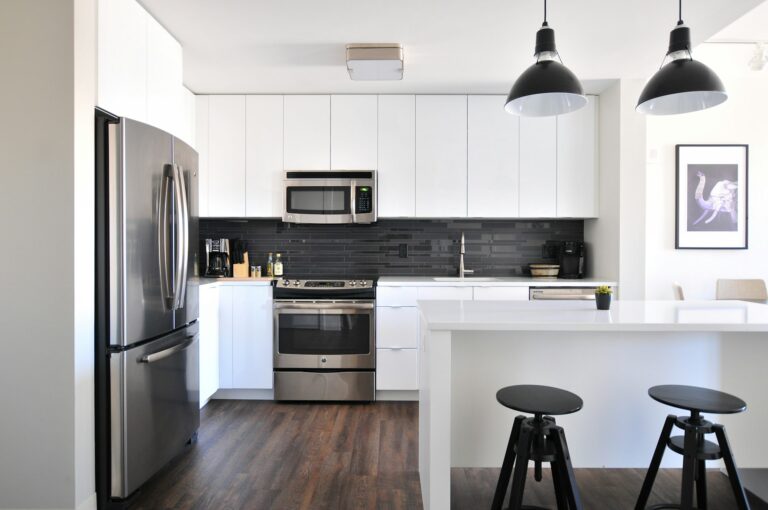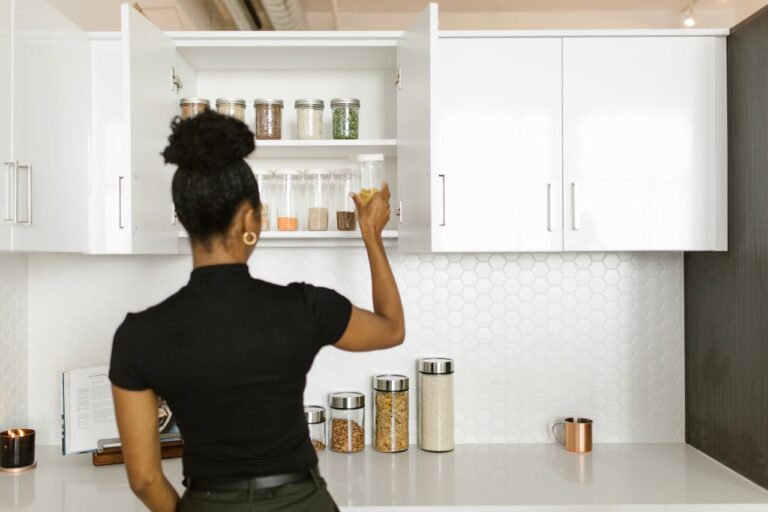Here is How Cooking Helps with Stress
The rhythmic chopping of vegetables, the sizzle of spices hitting a hot pan, the aromatic fusion of ingredients-it’s not just the prelude to a meal but a therapeutic process that can alleviate stress. Engaging in the culinary arts has emerged as a salve for the soul, answering the question of “How Cooking Helps with Stress” with every stir and sauté.
This practice, rooted in creativity and sustenance, offers more than just a pathway to a delicious dish-it’s a multifaceted experience that engages the senses, the mind, and the soul. How does cooking reduce anxiety? It turns out, the answer is layered within the very acts of measuring, mixing, and marinating. The kitchen becomes a refuge, a place where the chaos of the day melts away into a focused intent on creation.
How Cooking Helps with Stress:
Cooking at home has become a beacon of relaxation for many, a counterbalance to the pressures of the outside world. How cooking helps with stress at home is evident in the way it demands attention to the present, grounding us in the here and now. The process of transforming raw ingredients into nourishing meals is almost alchemical, imbued with a sense of accomplishment and care.
When exploring how cooking helps with stress and anxiety, one finds that the methodical nature of following a recipe provides structure to an otherwise disordered mind. There’s a gentle discipline in the kitchen that requires one to be in the moment, whether it’s in timing the perfect al dente pasta or in the artful balance of flavors.
Even more, how does baking help with stress? Baking requires precision and patience, offering a comforting predictability in the exactness of its science. It’s a sweet (often literally) escape that rewards not just the baker but those who get to indulge in the end product.
And when pondering why cooking makes you happy, it’s crucial to recognize the joy found in the creative expression of cooking. It’s a form of self-expression, an art that allows for improvisation and personalization, culminating in an edible masterpiece that can bring joy to others as well.
In essence, cooking is a multifunctional tool against stress that is accessible to many. It is a nurturing act, not just in the sense of feeding oneself and others but in feeding the soul with comfort, creativity, and connection. As we delve deeper into the relationship between cooking and stress relief, we uncover the psychological, emotional, and physical ties that bind this act of nourishment to our overall well-being.
5 Key Points How Cooking Help Mitigate Stress
Cooking offers a unique blend of therapeutic benefits that can serve as an effective tool for stress relief. Here are five key points that articulate how this everyday activity can help mitigate stress:
- Mindfulness and Presence: Cooking encourages a state of mindfulness, compelling individuals to focus on the present task and moment.
- Creative Expression: The act of cooking allows for creative expression, which can be a satisfying outlet for emotions and stress.
- Sensory Engagement: Engaging the senses through cooking can have a calming effect, as one becomes immersed in the sensory experiences.
- Control and Autonomy: Cooking at home provides a sense of control over the environment and the outcome, which can be empowering during stressful times.
- Accomplishment and Reward: The process of cooking leads to a tangible reward, which can boost mood and provide a sense of accomplishment.
Let’s explore these points in detail:
Mindfulness and Presence
Mindfulness is the practice of being fully engaged with the present moment, aware of our thoughts and feelings without distraction or judgment. Cooking naturally fosters this state of mindfulness.
When you’re measuring ingredients, timing your preparations, or monitoring the heat of your stove, there’s a required level of concentration that anchors you in the now. This concentration can act as a form of meditation, quieting the noise in your mind and reducing stress.
The methodical steps of a recipe demand attention, pulling your focus away from stressors and toward the task at hand. This shift not only helps to alleviate immediate feelings of anxiety but also trains the mind to engage in mindfulness more readily in other aspects of life.
Creative Expression
The kitchen is a canvas, and the act of cooking is akin to painting with flavors, textures, and colors. Creative expression is a powerful stress reliever, as it allows for the release and transformation of the energy associated with stress into something positive and productive.
Through cooking, you can experiment with new recipes, tweak traditional ones to suit your taste, or invent a dish on the fly with whatever ingredients you have on hand. This creative process can provide a much-needed break from routine and offer a sense of freedom and escape from day-to-day pressures.
The satisfaction derived from creating a meal that is both aesthetically pleasing and delicious can bring about a sense of pride and joy, counteracting feelings of anxiety and stress.
Sensory Engagement
Cooking is a sensory-rich activity that can captivate our full attention through touch, taste, smell, sight, and even hearing, which can be incredibly therapeutic. The act of kneading dough, the sizzle of onions browning in a pan, or the vibrant colors of fresh produce can all be grounding sensory experiences.
These stimuli draw our focus away from stressful thoughts and create a serene atmosphere. For many, the aroma of certain foods can evoke comforting memories, which have a soothing, nostalgic effect. The tactile process of handling ingredients can also serve as a physical release for tension, providing a sense of calm and satisfaction.
Control and Autonomy
Stress often stems from feeling out of control or overwhelmed by life’s demands. Cooking at home stands in stark contrast to such feelings, offering an arena where individuals have complete autonomy.
Decisions in the kitchen, from choosing ingredients to setting the pace of cooking, are yours to make. This control can be a welcome reprieve for those who feel buffeted by external pressures.
Moreover, the act of making something from start to finish provides a rare opportunity to see immediate results from one’s efforts, reinforcing a sense of competence and independence that can be particularly empowering during times of stress.
Accomplishment and Reward
Finally, the act of cooking culminates in a very tangible and gratifying reward-a meal that can be savored and shared. This sense of accomplishment is a potent mood booster.
It engenders pride and can be a reminder of one’s efficacy in a world that often makes people feel like mere cogs in the wheel. Additionally, the social aspect of sharing a meal can increase feelings of connectedness and well-being, providing emotional support that is essential for mitigating stress.
In this way, cooking can serve as a bridge to improved mental health, not just through the act itself, but through the community and camaraderie it can foster.
Concluding Thoughts:
In summary, cooking is not just a means to an end but a comprehensive process that offers numerous psychological benefits. It promotes mindfulness, allows for creative expression, engages the senses, provides control, and leads to a rewarding outcome.
These facets combine to make cooking a potent antidote to stress, offering a respite from the hustle and bustle of daily life and an opportunity for self-care and personal fulfillment.
